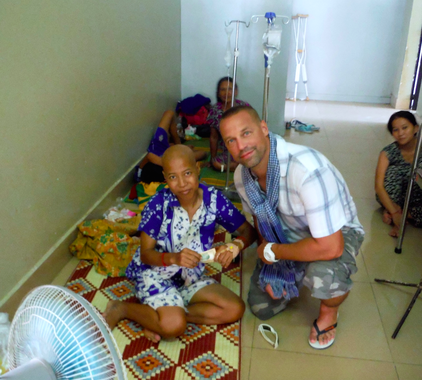
You'd be amazed how often I get Facebook messages or emails along those lines. Hell, I'm still amazed every time someone reaches out to me and wants to give. I mean, since my focus the last couple of years has been on trying to make this world just a tiny bit better through my writing, I've received so much support from my friends it's crazy.
I guess "crazy" is a good word for it, for what else could you call sending your hard-earned dollars all the way across the world to come to the aid of people you've never met in countries you'll never set foot in? And many of you have never even met me, the instigator of this whole experience. Sure, I've broken bread (and drank beer) with many of you, but some are friends of friends, have read my books or blogs, or we don't even remember how we first connected, but we've never had the pleasure to say hi face-to-face. For all you know, I could be squandering your money by dining on escargot with champagne every night, staying at resorts that have 1,000,000 thread-count sheets, and purchasing luxurious hair care products...ok, the hair care product part is off the table, but you know what I mean.
Either way, you're trusting ME with your money because you care so much about perfect strangers in need. You have empathy for those you can't see or touch, and that's a rare and beautiful thing. Believe me, I treasure that trust and try to live up to it every day.
So back at it, Cowboy Bart and I rode a tuk tuk out to the Soviet Friendship Hospital in Phnom Penh on a scorching Friday afternoon. I was armed with a pocket full of $10 and $20 bills to give out to people I found in need, with the help of Siman - our Cambodian tuk tuk driver - acting as translator.
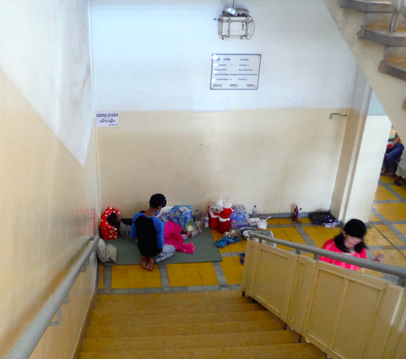
Some of them sleep right outdoors in the bush, hoping for the shade of a palm tree. They cook their food over wood fires and hang their laundry their to dry. Many others share the hospital bed with their loved one, sleep on the floor on bamboo matts or on the bare floor near them, or camp out in the hallways and stairwells, for days, weeks, or even months. If they're lucky, they'll have enough food, though most drink dirty water out of the hose bib and live off of rice and slices of mango. A big 30 lbs. bacg of rice, which costs about $20, can keep a couple people alive for a month if need be.
While they chatted, I walked around the room, saying hello and visiting with the other sick children in the room. Of course I couldn't communicate with them other than bowing and saying "sus-day" - hello in the Khmer (Cambodian) language - or "sok-sa-bay" - wishing them good health. But it's amazing how much you can say just with your eyes and smile and a well-timed thumbs-up.
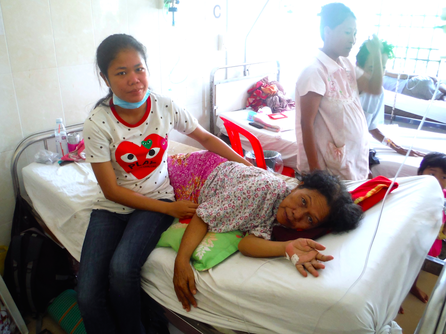
Their custom is to take a photo of someone handing them the gift, so they started to sit up their sick and sleeping loved ones. But I told them to just let them be - it wasn't necessary for me to be in the photos. Let the children and sick and elderly, who could barely open their eyes to see us, sleep in peace.
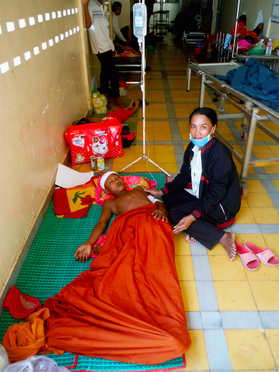
And they are appreciative. The looks of gratitude on their faces will be with me forever. It wasn't just the money, though I know that completely changed their outlook. But there was another commodity, just as important, that were were sharing that day: hope. They knew someone cared about them. Incredibly wealthy and privileged strangers from a far-off heavenly country took the time to come say hello and help them. I've learned that to acknowledge someone as a human being, with respect and equality in your heart, is the biggest gift you can give.
Stomach problems, children with cancerous tumors, accident victims, and so many more that were key diagnosed, who waited patiently sleeping in the halls and floors of the hospital waiting for a glimmer of hope. Folding leather stretchers - discarded donations from war times, and tolling medical trays stood sentry among the silent people, a few syringes, vials, and empty pill boxes the scattered evidence that there was little that could be done.
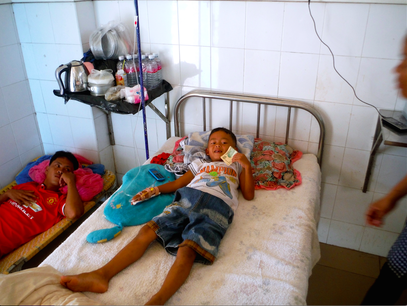
I was no doctor and I wasn't arrogant enough to think I knew them or their stories just by looking, so it made my heart ache to know that I would leave so many suffering.
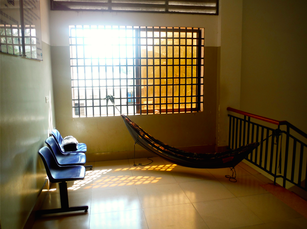
- Norm :-)
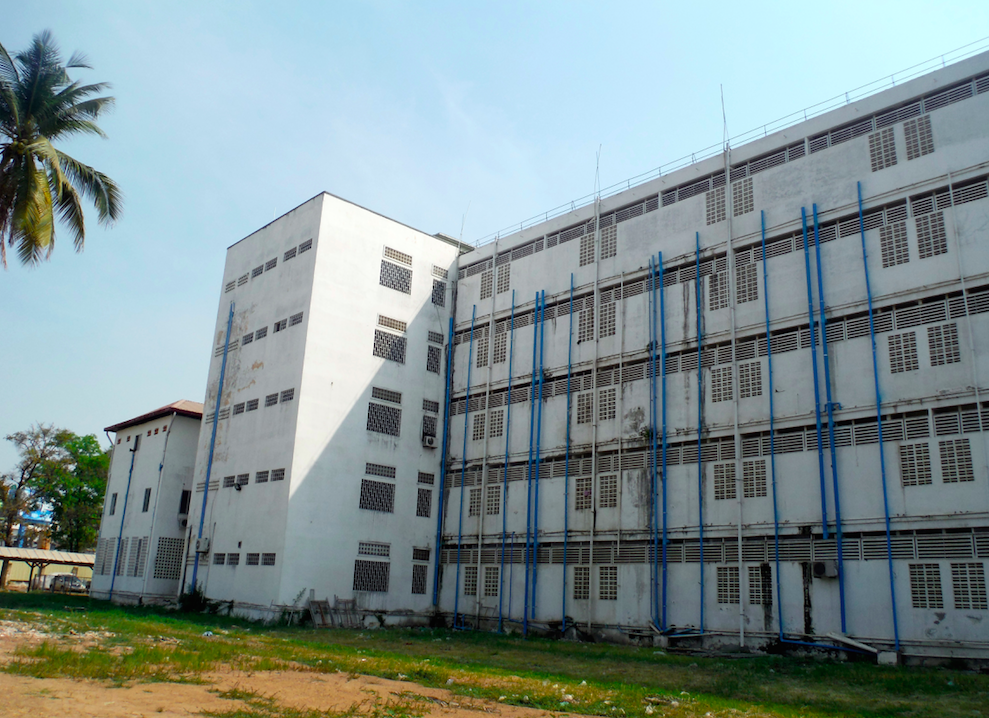
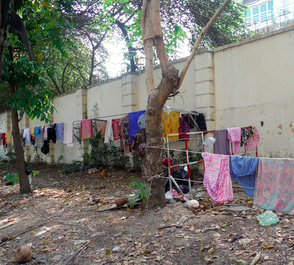
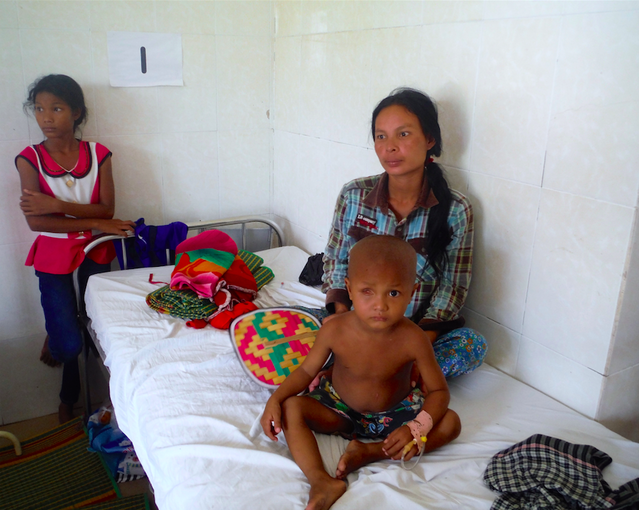
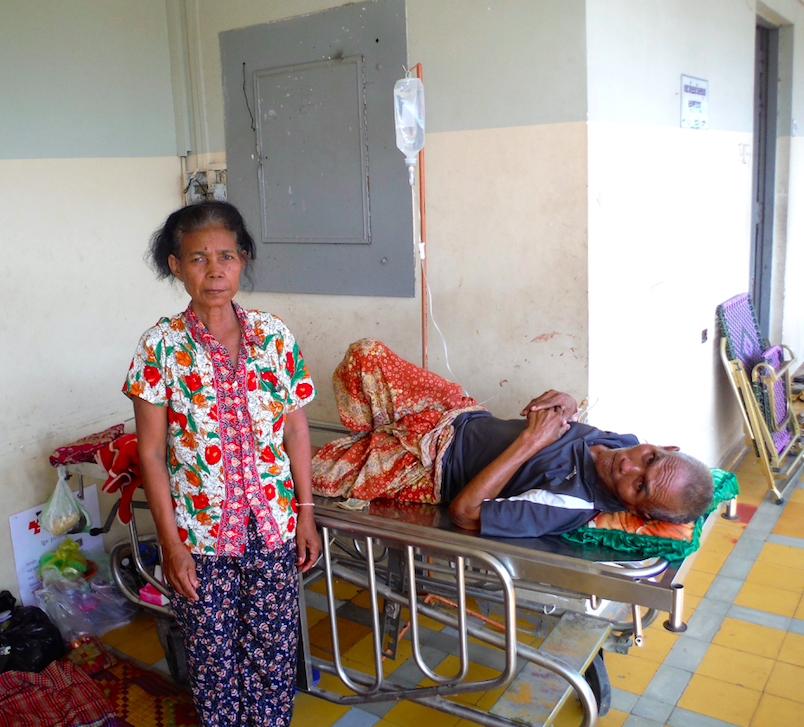
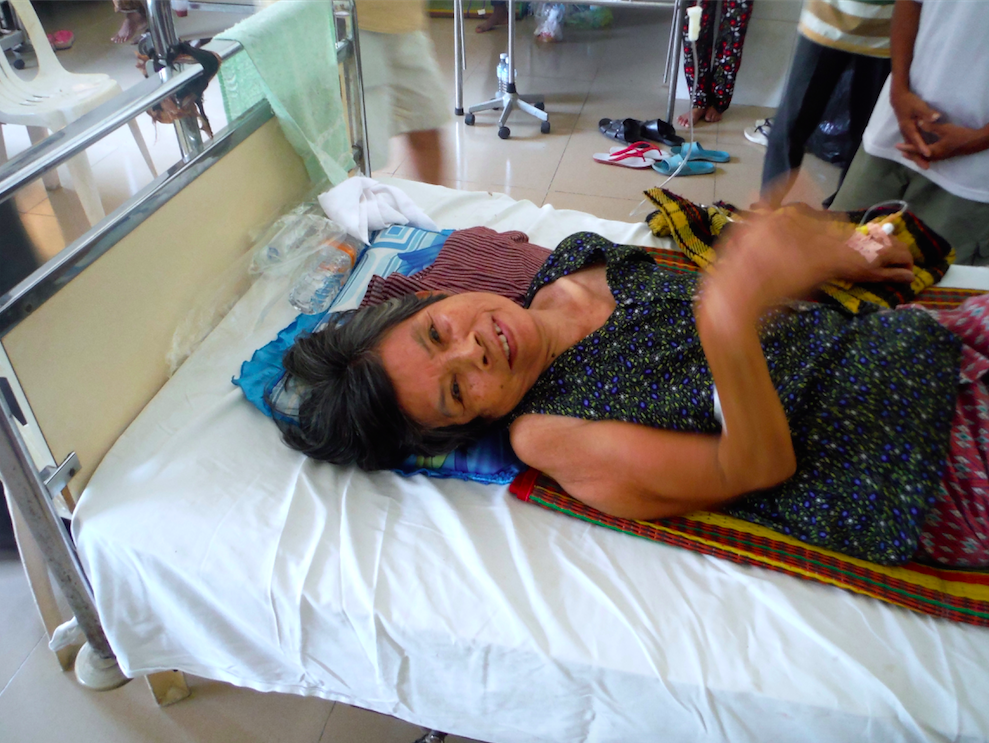
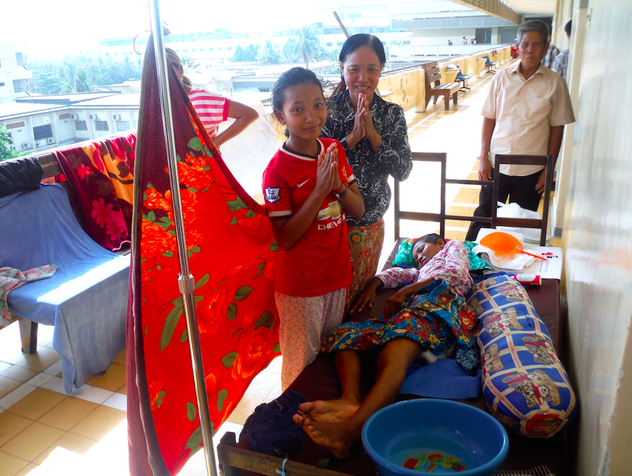
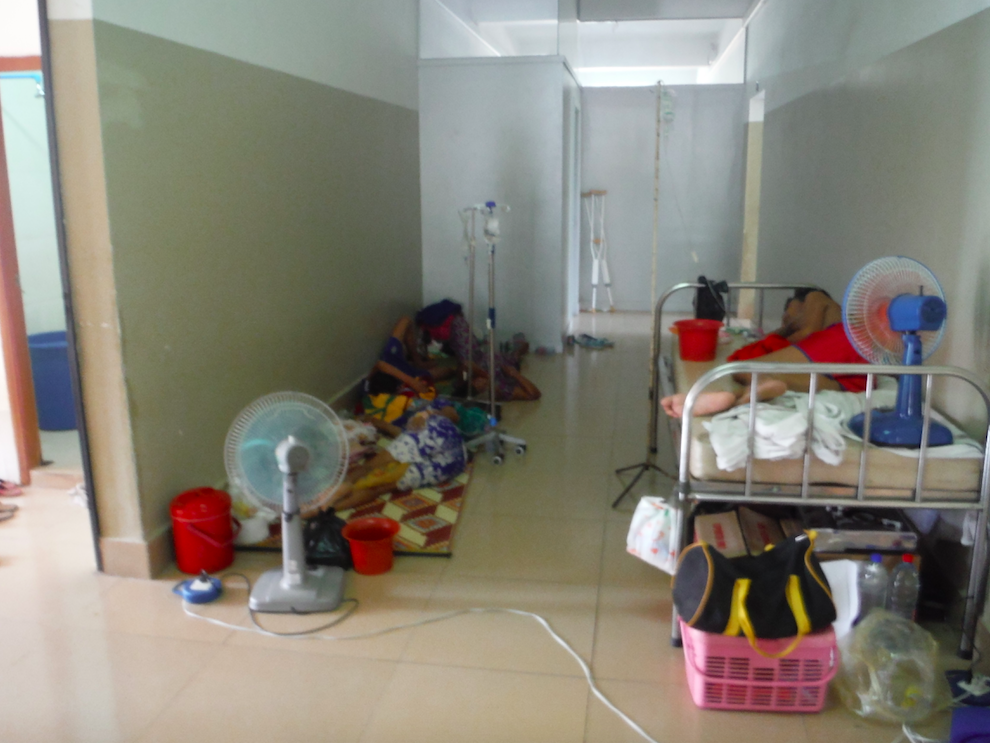
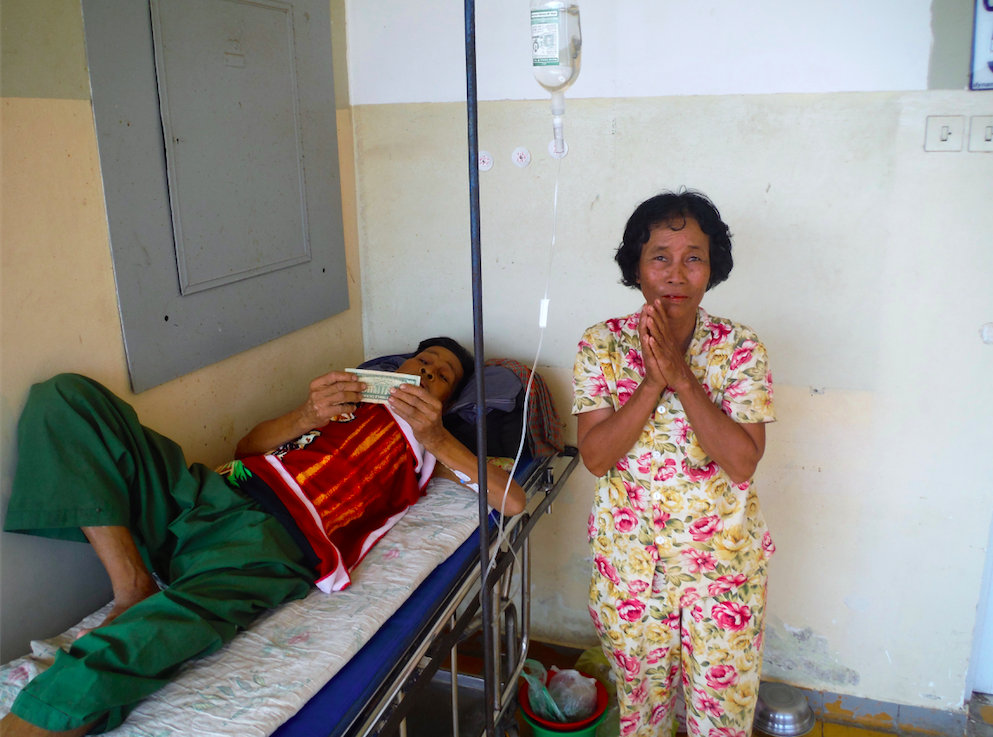
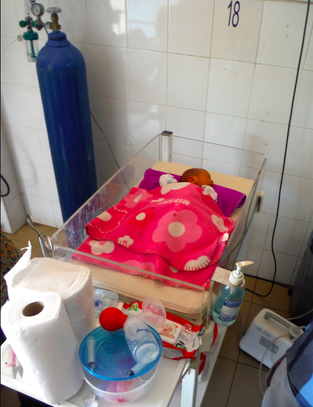
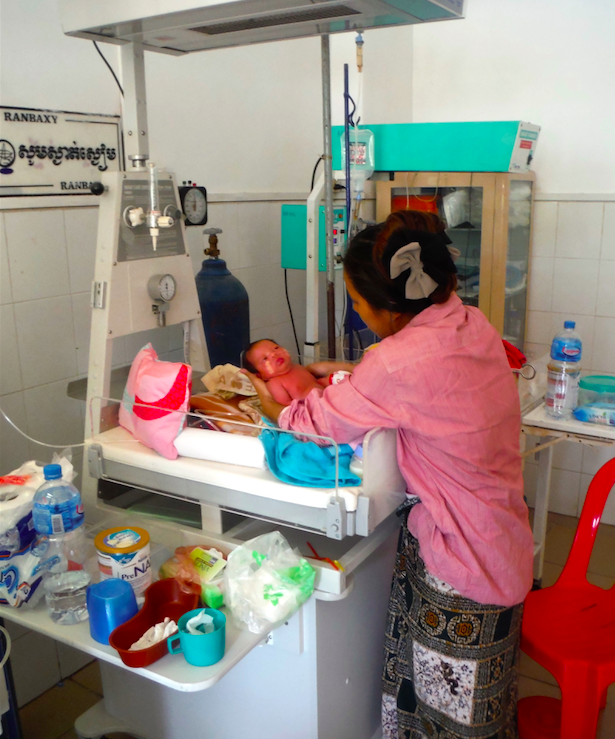
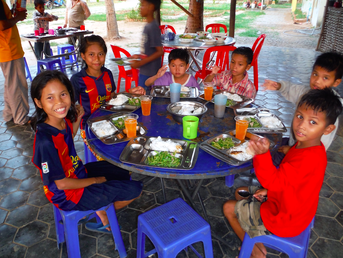
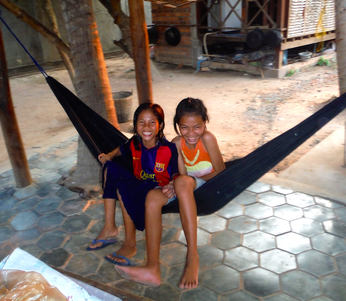
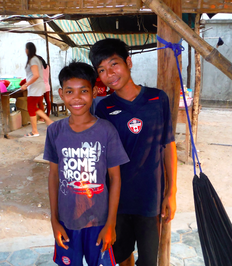
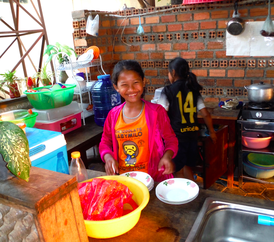
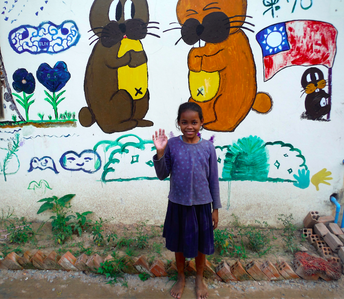
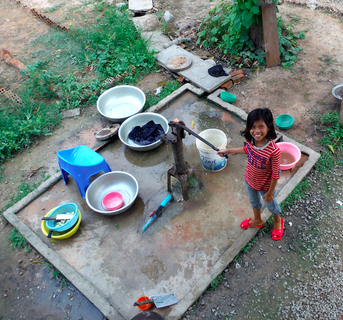
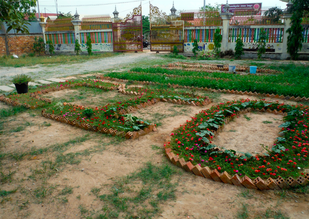
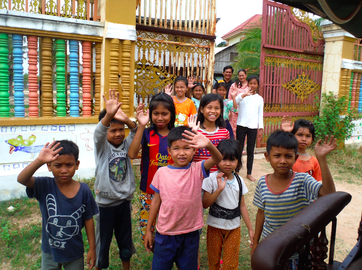
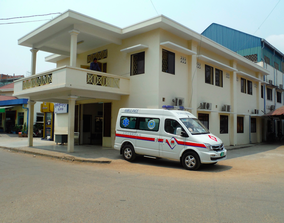
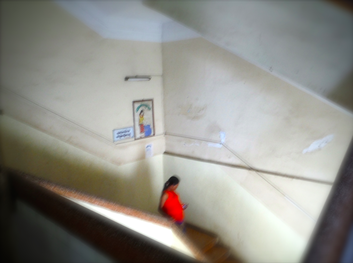
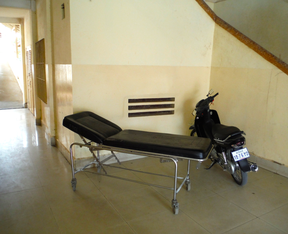
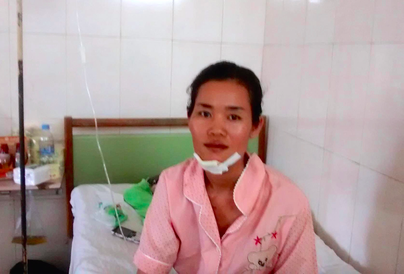
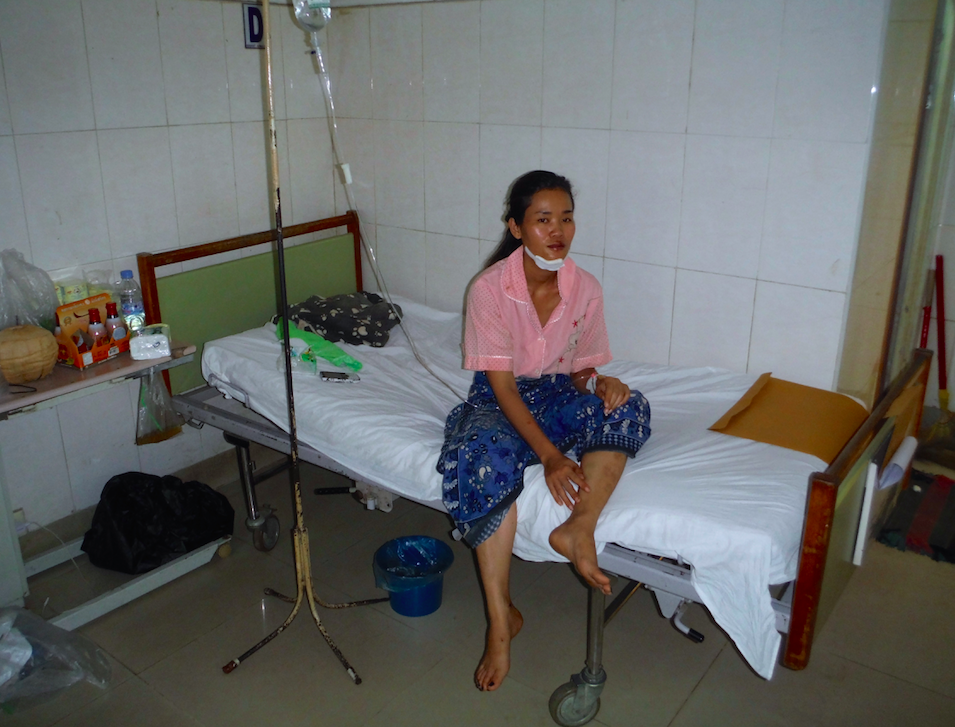
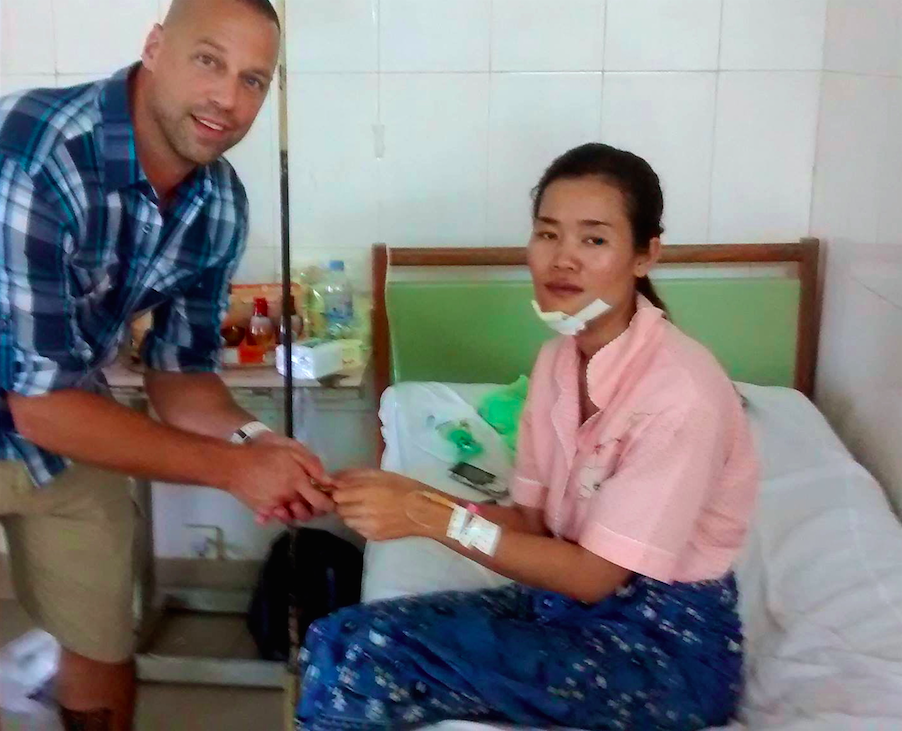
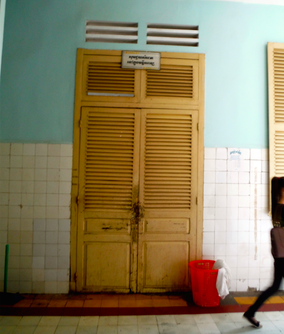
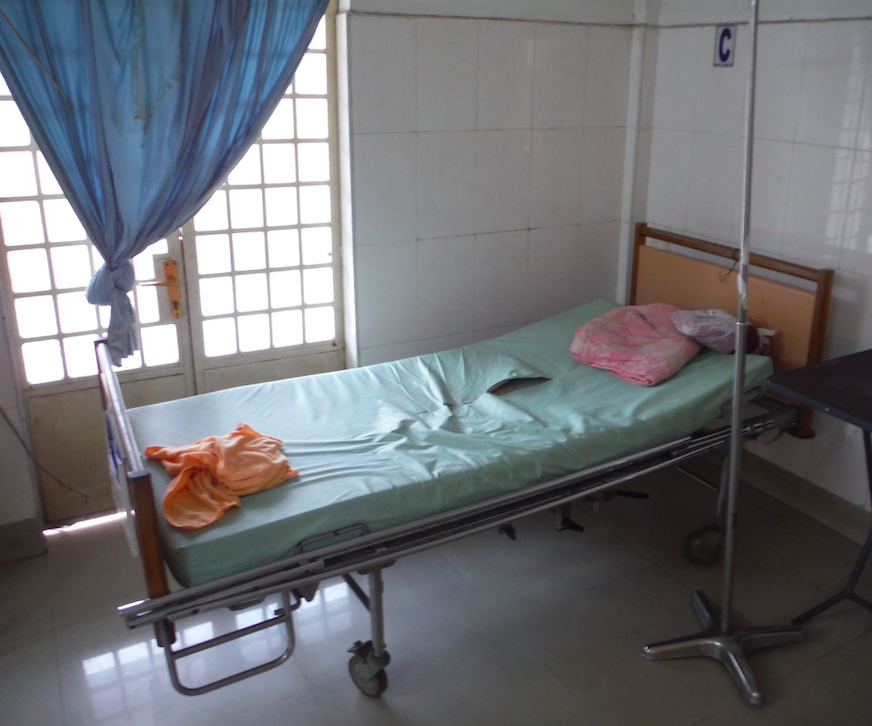
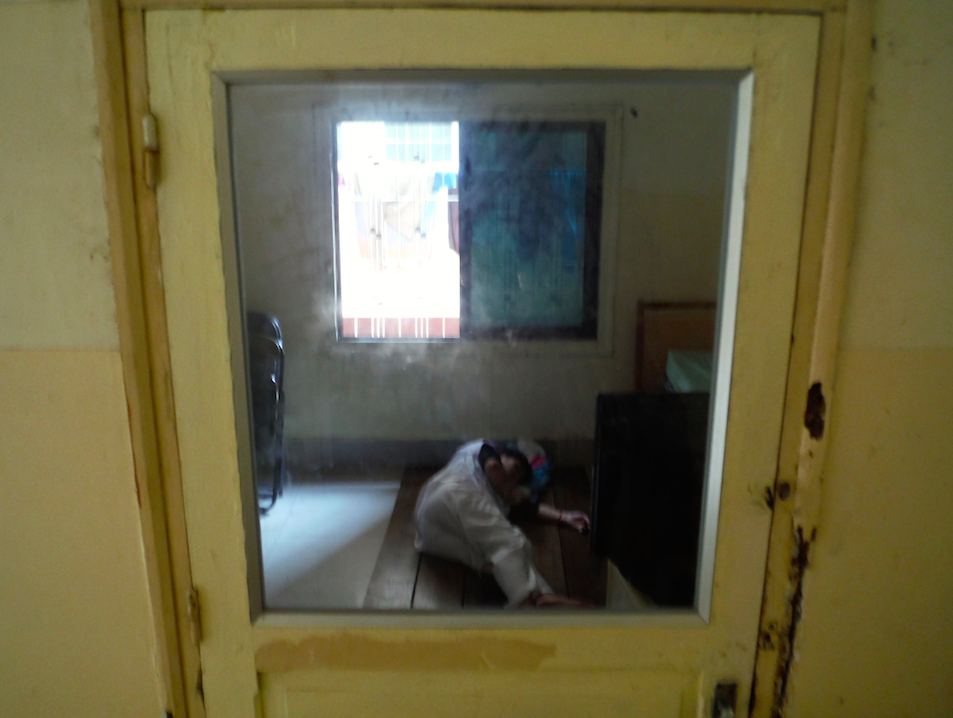
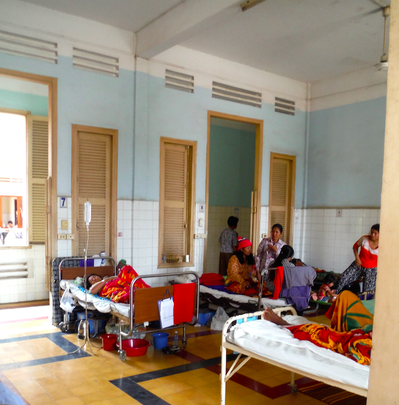
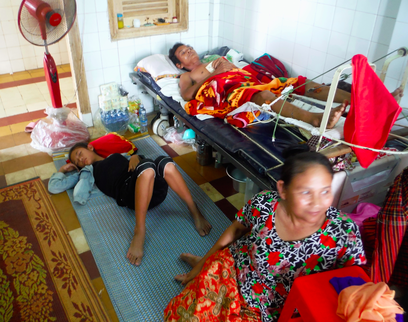
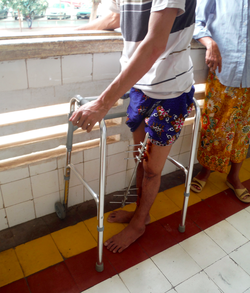
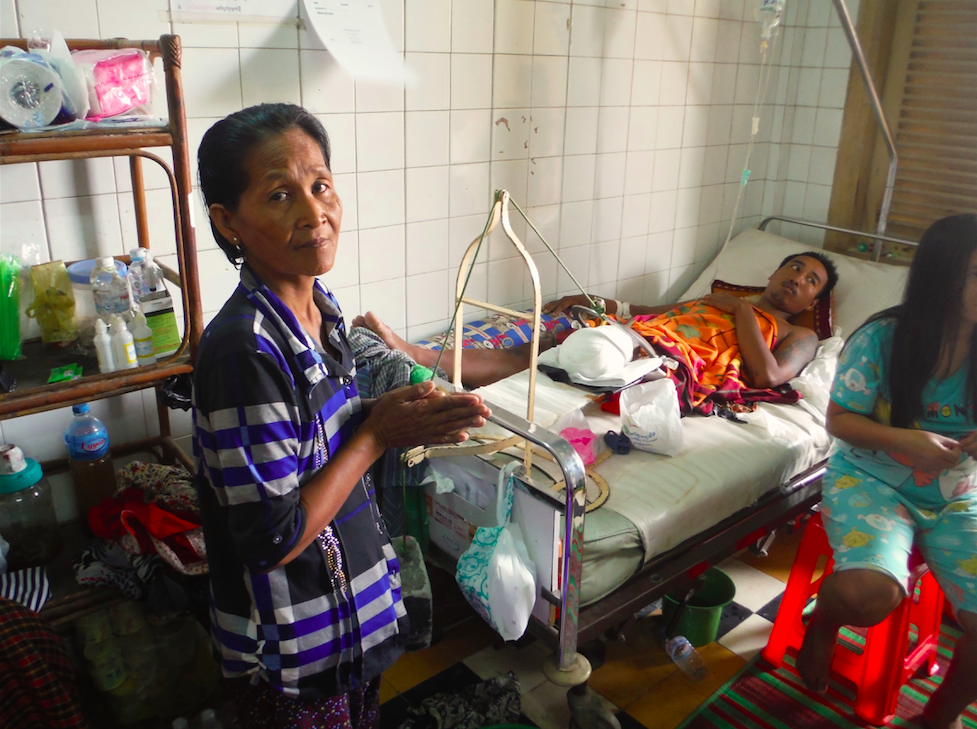
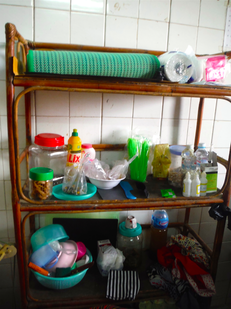
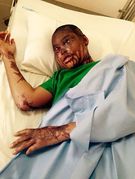
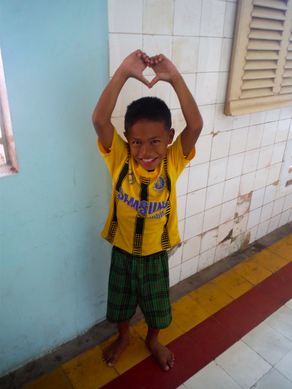
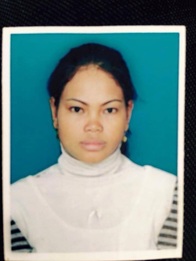
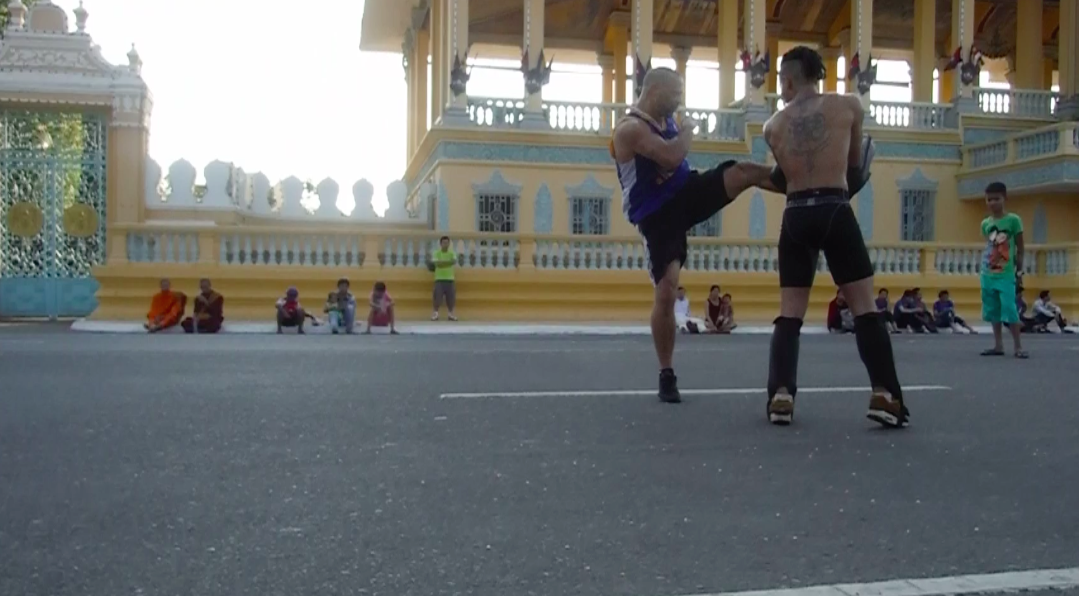
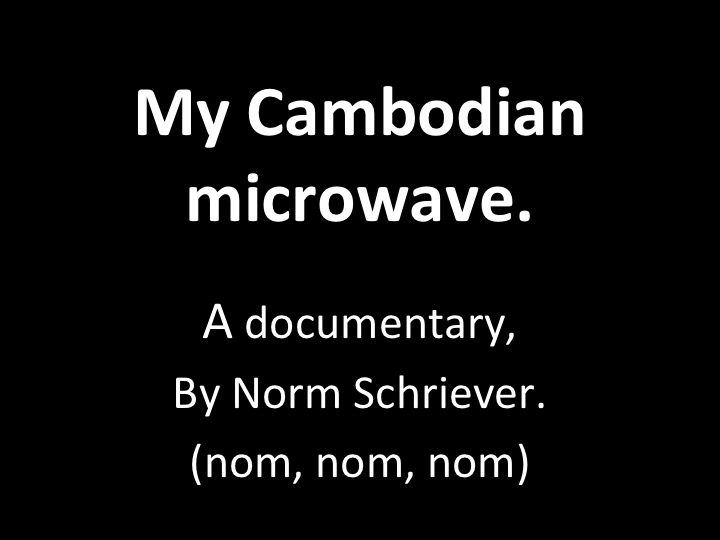
 RSS Feed
RSS Feed